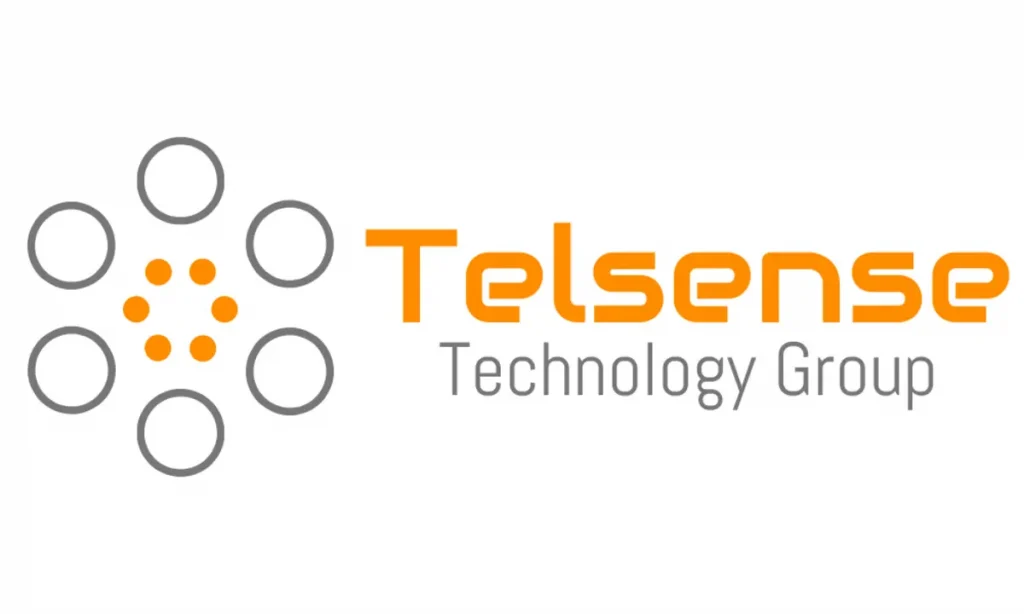- Telsense gives users Openserve fibre with no contracts or hidden fees.
- South Africa’s internet market faces big challenges in cost, access and service quality.
Telsense Technology Group: a new way to connect South Africa
Telsense Technology Group is in Rosebank, Johannesburg. It gives people and businesses prepaid fibre internet through Openserve’s network. The company started in 2016 under director Muaaz Teladia. Its goal is to make internet access easy, simple and fair.
Telsense lets customers sign up online and try the service for 14 days for free. The prices are clear, with no hidden fees for setup or installation. Users do not need to sign long contracts or pass credit checks. They can change, stop or upgrade their plans anytime.
The company offers home fibre plans from 20 Mbps to 200 Mbps. Business users can get up to 10 Gbps. The network is checked all the time to keep speed and uptime stable. Telsense says it wants to give customers control and remove the stress that comes with normal internet contracts.
The company’s idea is simple. People pay only for what they use. They can leave if they are not happy. This builds trust and makes the brand stand out. Many young and tech-aware users choose it because they want freedom and clear pricing.
Also read: Microsoft and DE-CIX partner to enhance cloud connectivity
Also read: H5 Data Centers partners with DE-CIX for San Antonio connectivity
South Africa’s ISP industry: growth and problems
The internet market in South Africa is growing fast. More people are working, studying and watching media online. Yet there are still many regions without either fast or reliable fibre. Laying fibre cables is expensive, and smaller towns and rural areas tend to get left behind.
Government regulations also dictate how the industry operates. Rules from the government also shape how the industry works. Openserve, part of Telkom, lets other internet companies use its fibre network. This helps bring more choice to users but makes it harder for small ISPs to earn profit. Companies also must follow laws such as the Protection of Personal Information Act (POPIA) that keep data safe.
Service quality is another issue. Many users say internet providers are slow to fix problems or fail to deliver the speed they promise. A PwC report said customers in South Africa often feel unhappy about billing and reliability.
To solve this, some ISPs now use prepaid fibre plans and real-time support tools. These give users more control and less waiting time. High-speed plans of up to 10 Gbps are now used by businesses that need strong and steady connections.
Telsense fits this new way of doing things. It joins Openserve’s fibre system with a clear and prepaid service. It shows how South African companies can build internet access that is both simple and strong.

